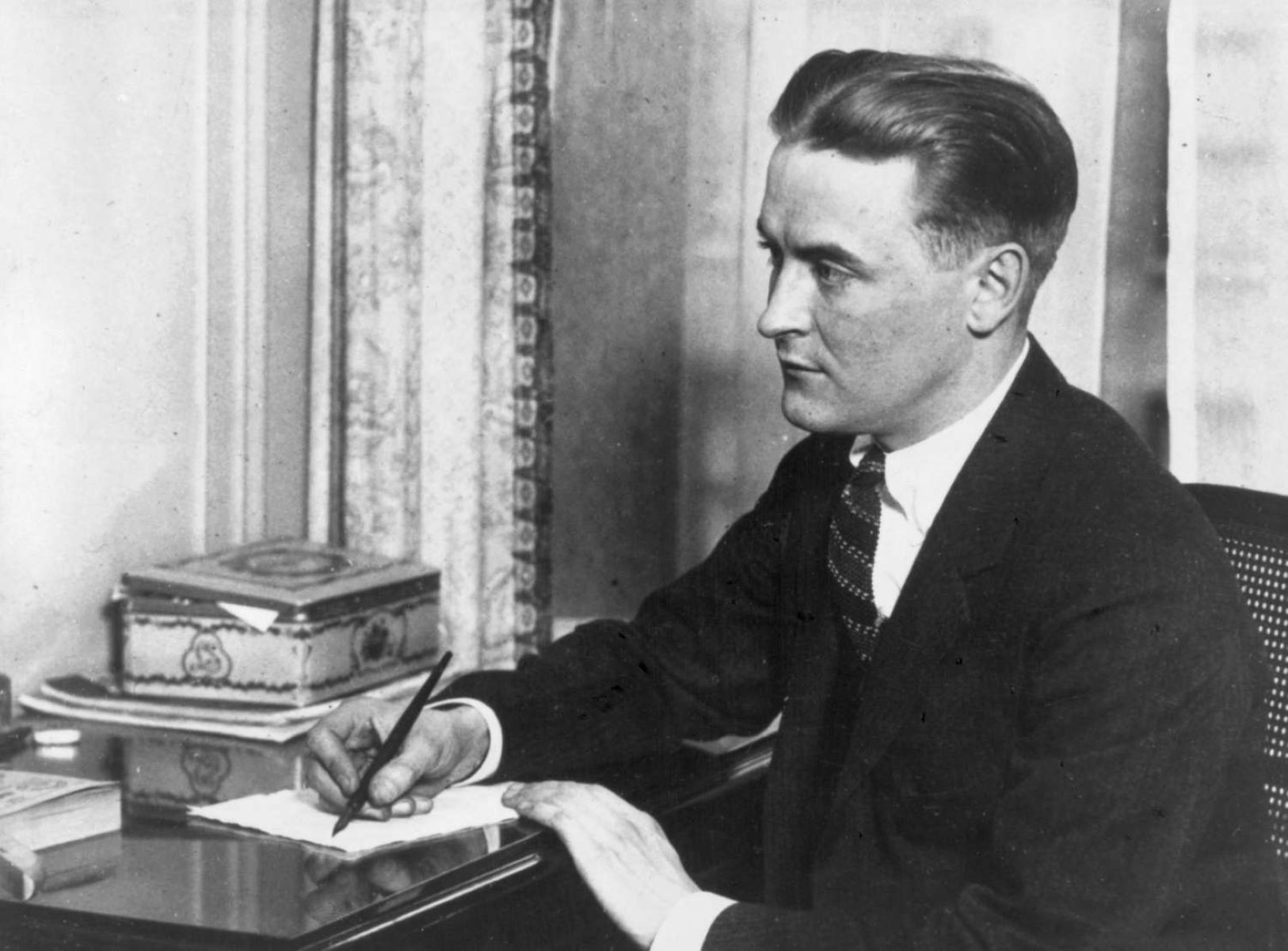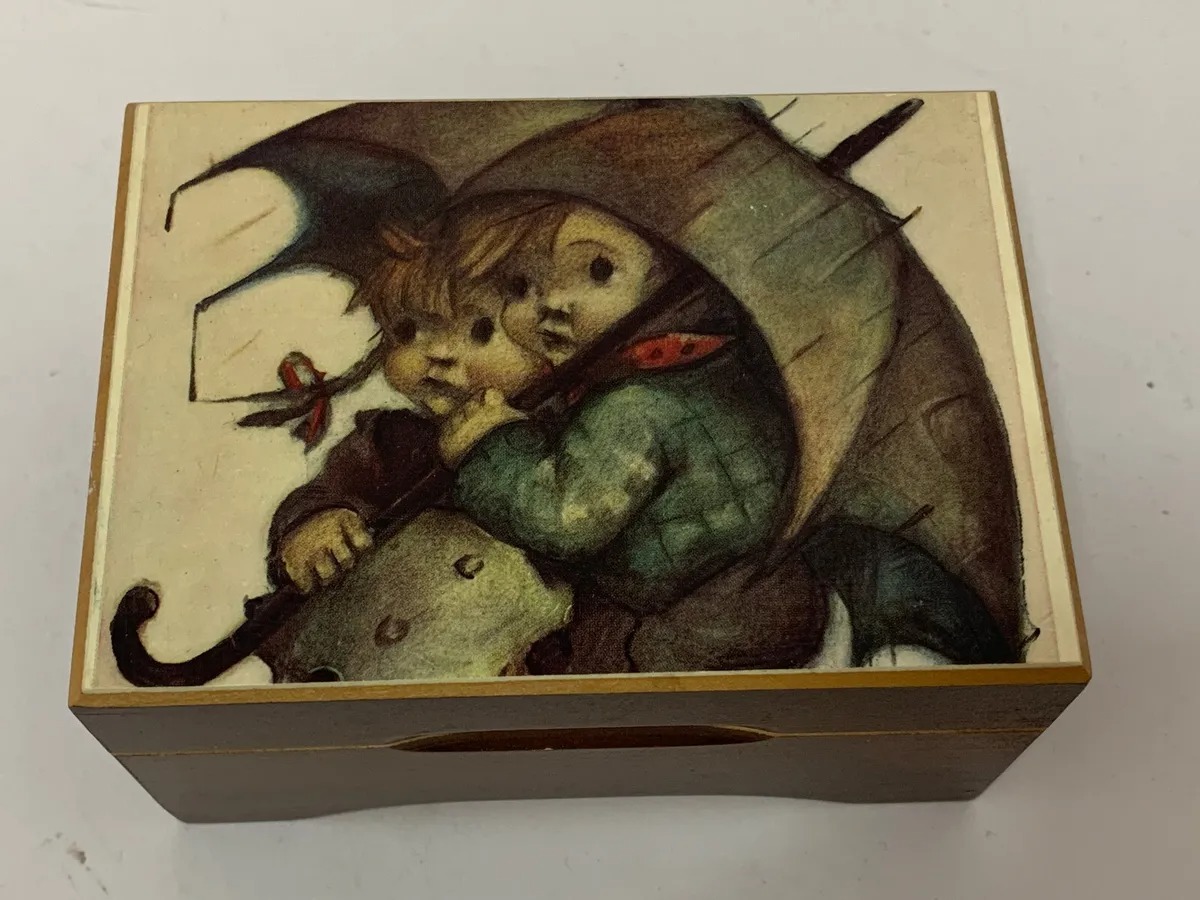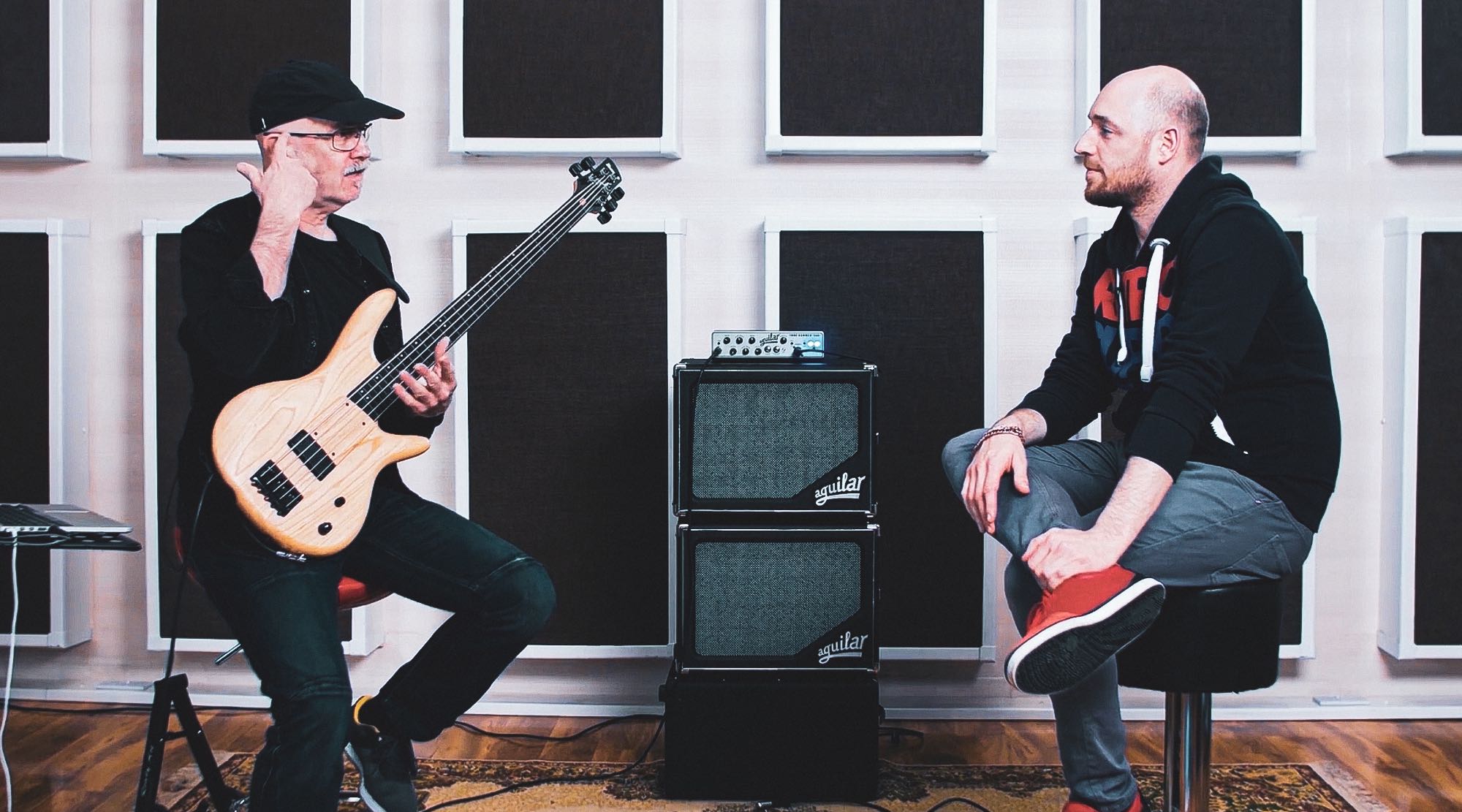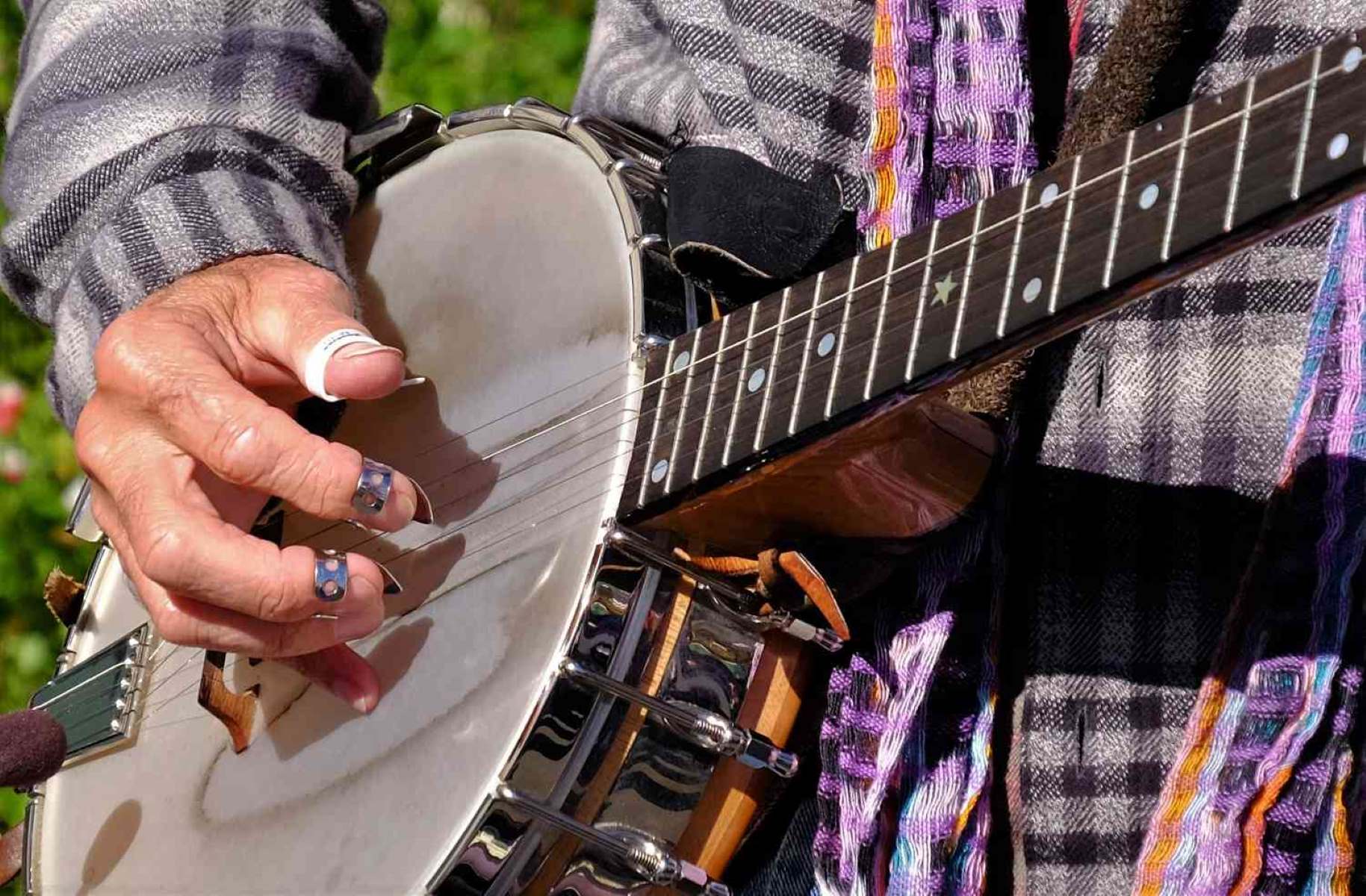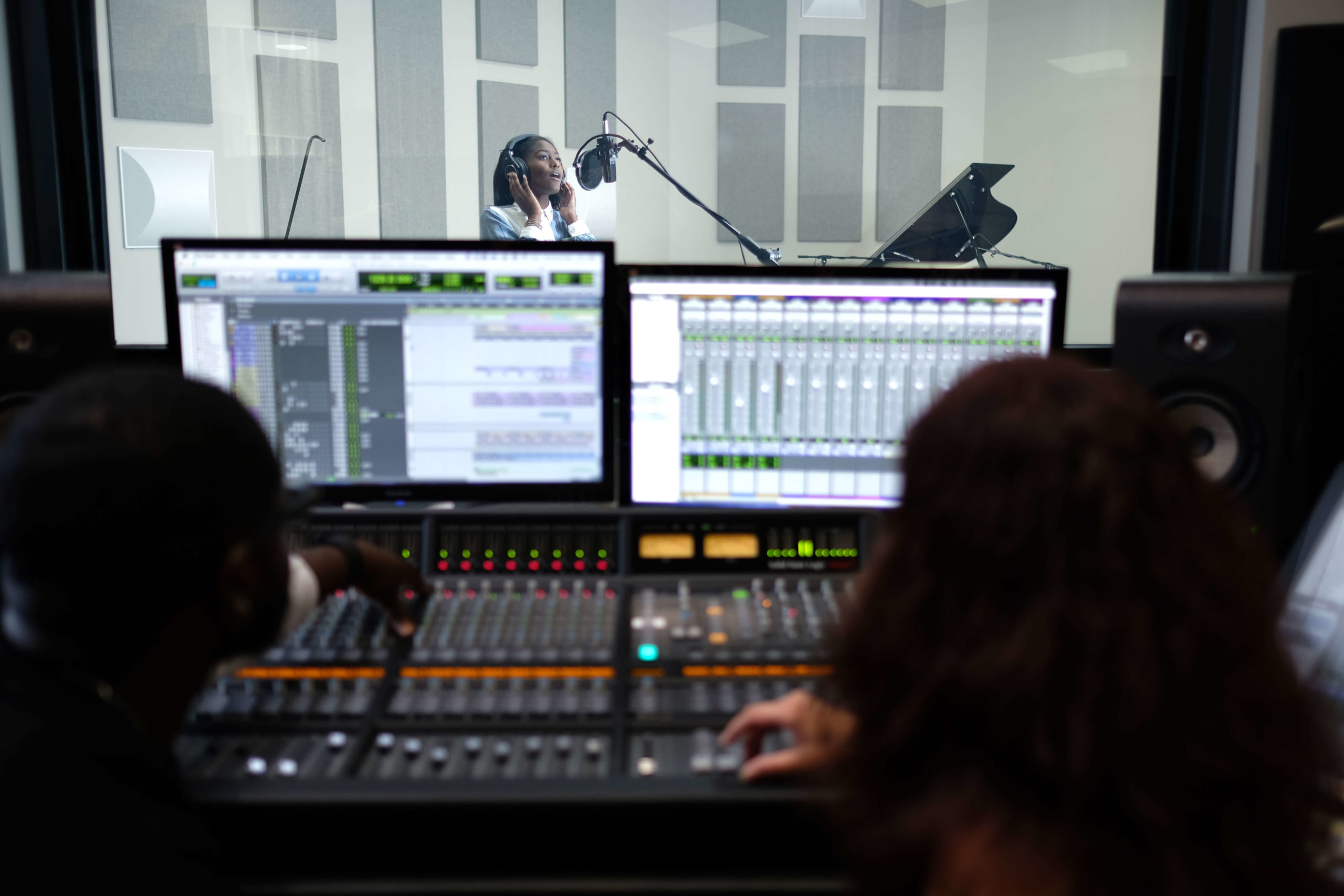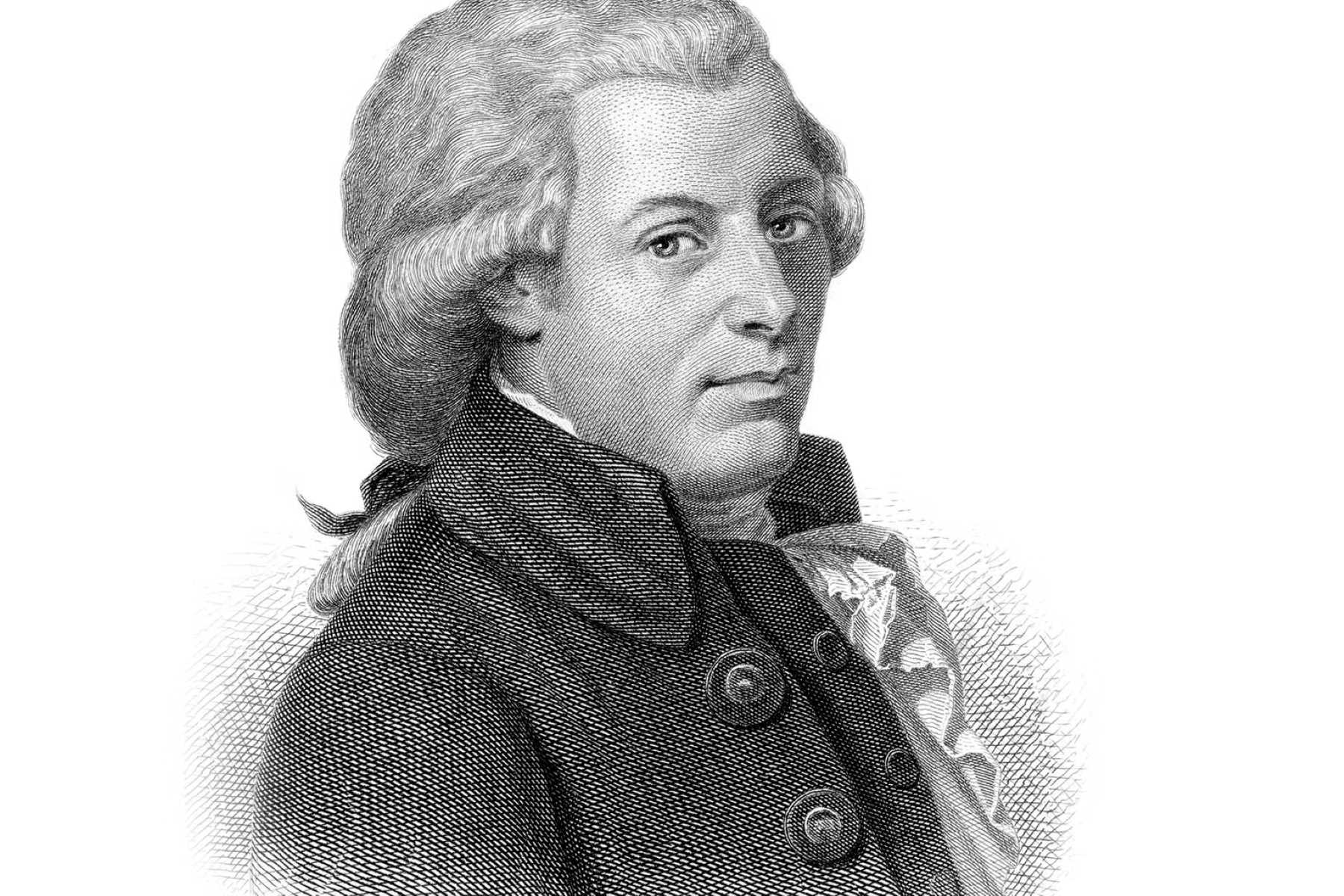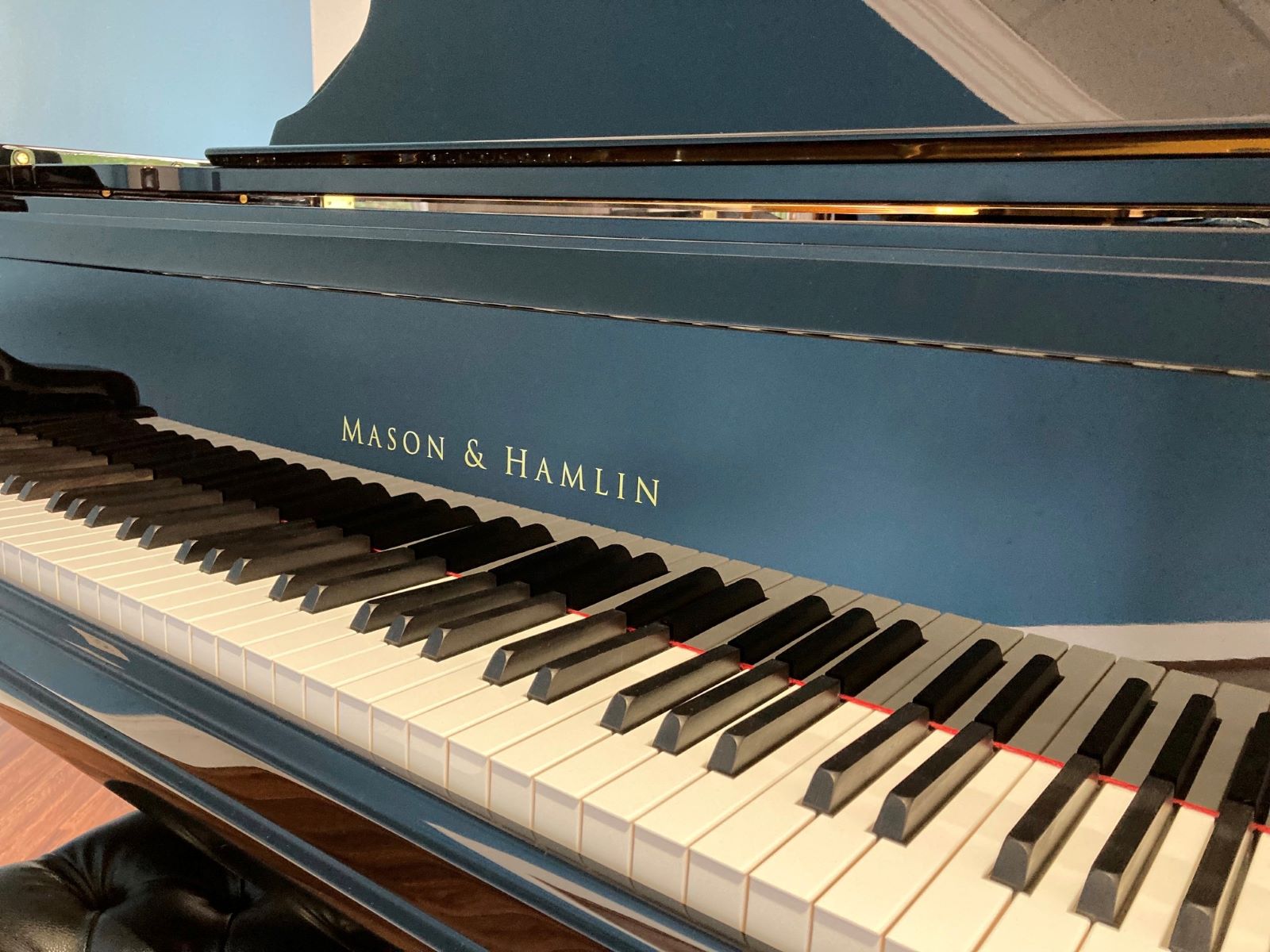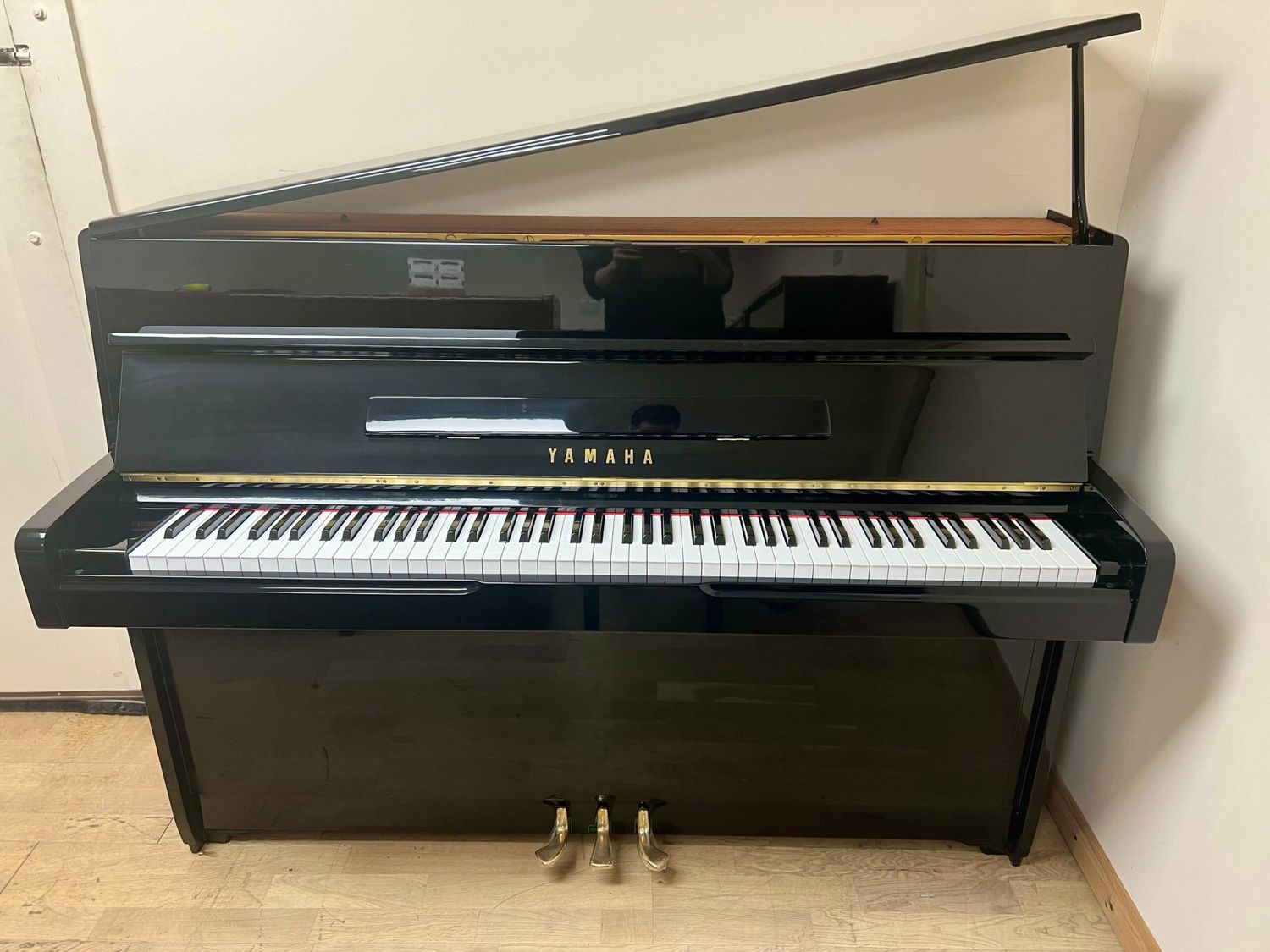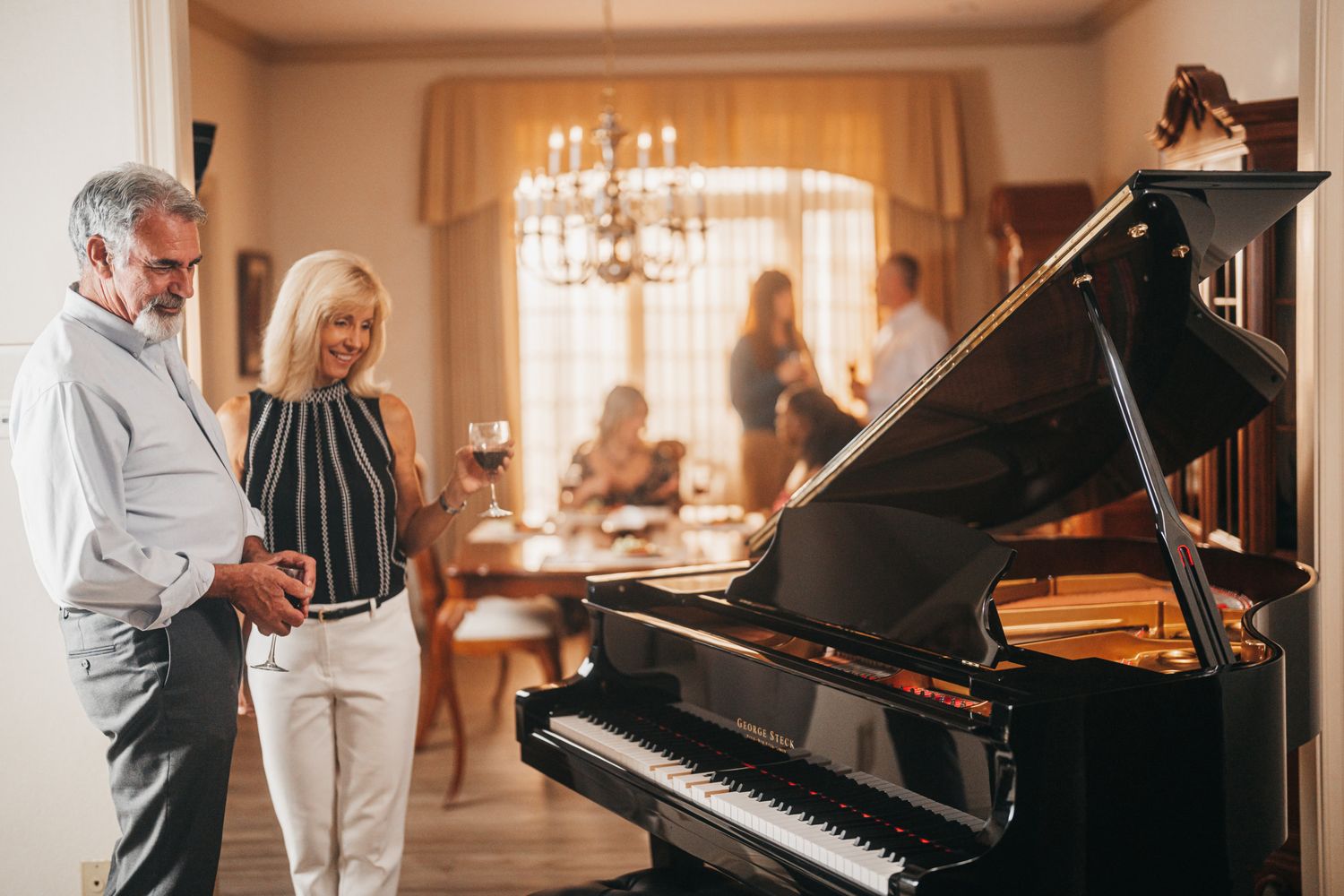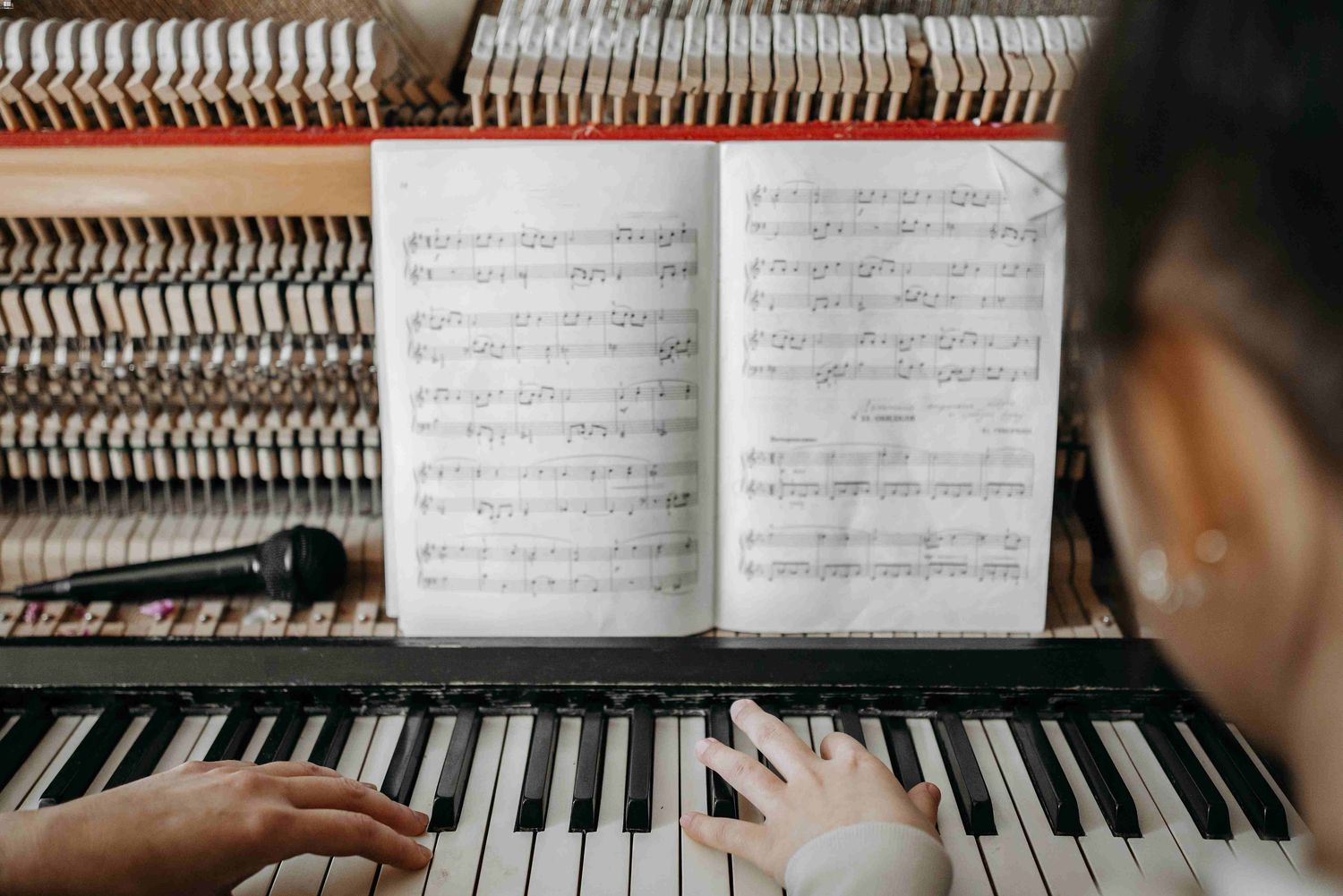Home>Instruments>Piano>What Age To Start Piano Lessons
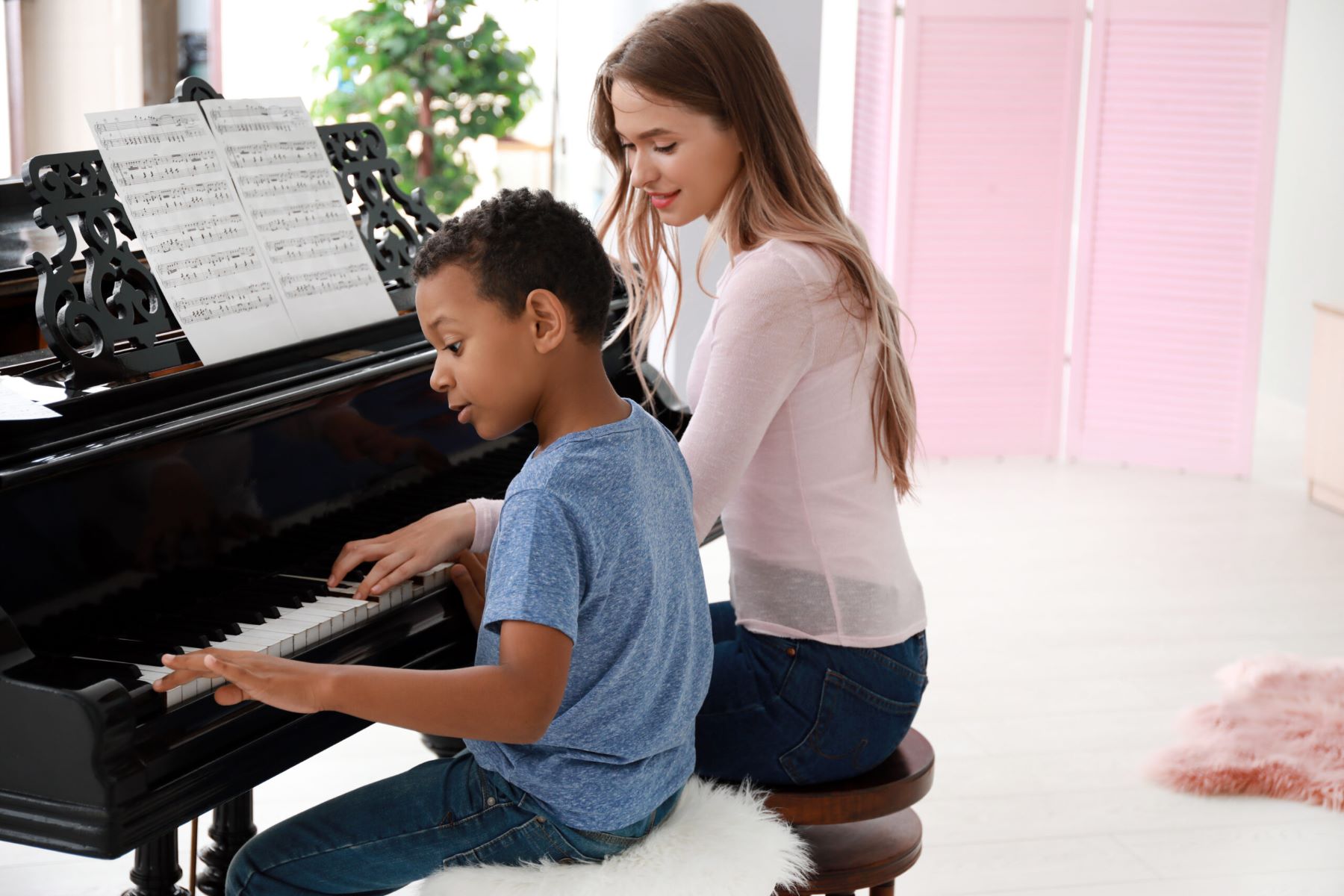

Piano
What Age To Start Piano Lessons
Published: February 11, 2024
Discover the best age to start piano lessons and set your child up for musical success. Find out the ideal time to begin learning piano and give your child a head start in music.
(Many of the links in this article redirect to a specific reviewed product. Your purchase of these products through affiliate links helps to generate commission for AudioLover.com, at no extra cost. Learn more)
Table of Contents
Introduction
Introduction
Learning to play the piano is a rewarding and enriching endeavor that offers a multitude of cognitive, emotional, and social benefits. One of the common questions that arise among parents and individuals considering piano lessons is the ideal age to commence this musical journey. The age at which a person starts learning the piano can significantly influence their progress, enthusiasm, and overall experience with the instrument. In this article, we will explore the advantages of starting piano lessons at different ages, ranging from early childhood to adulthood.
The decision to embark on piano lessons is a significant one, and it is natural to wonder about the most opportune time to commence this musical pursuit. While there is no one-size-fits-all answer, understanding the potential benefits and considerations associated with starting piano lessons at various ages can provide valuable insight for both parents and aspiring pianists. Whether it's the cognitive advantages of early exposure to music or the personal fulfillment that comes with pursuing a passion later in life, the age at which one begins piano lessons can shape their musical journey in profound ways.
As we delve into the distinct advantages of commencing piano lessons at different stages of life, it is important to remember that passion, commitment, and a supportive learning environment are crucial factors that transcend age. Whether a child is eagerly exploring the piano for the first time or an adult is embarking on a long-held aspiration to learn music, the joy and fulfillment derived from playing the piano can be experienced at any age. With this in mind, let's explore the benefits of starting piano lessons at various ages, shedding light on the unique opportunities and considerations associated with each stage of life.
Benefits of Starting Piano Lessons at Different Ages
Benefits of Starting Piano Lessons at Different Ages
Embarking on piano lessons at different stages of life offers a diverse array of advantages that cater to the unique developmental needs, cognitive abilities, and personal aspirations of individuals. Whether one begins their musical journey in early childhood, adolescence, or adulthood, the benefits of learning the piano extend far beyond musical proficiency. Let’s explore the distinct advantages associated with starting piano lessons at different ages:
- Cognitive Development: Learning to play the piano from a young age can foster enhanced cognitive development, including improved memory, attention, and spatial-temporal skills. The neurological benefits of early exposure to music can have a lasting impact on a child’s cognitive abilities, laying a strong foundation for academic and creative pursuits.
- Emotional Expression: For children and adolescents, piano lessons provide a constructive outlet for emotional expression and self-discovery. Music offers a medium through which young learners can articulate their feelings, build confidence, and develop a deeper understanding of themselves and the world around them.
- Discipline and Focus: Regardless of age, piano lessons instill valuable discipline and focus. Younger students learn the importance of consistent practice and perseverance, while adult beginners benefit from the mental discipline and stress-relieving qualities of regular piano practice.
- Social Connection: Engaging in piano lessons at any age can facilitate social connections and collaborative opportunities. Children may participate in ensemble playing or recitals, fostering a sense of camaraderie, while adults can connect with fellow music enthusiasts through group lessons or performances.
- Lifelong Learning: Regardless of the age at which one begins piano lessons, the pursuit of musical proficiency fosters a mindset of lifelong learning and personal growth. Whether it’s mastering a challenging piece as a teenager or exploring new musical genres as an adult, the piano offers endless opportunities for intellectual stimulation and creative expression.
These benefits underscore the value of piano lessons at different stages of life, emphasizing the diverse ways in which individuals can enrich their lives through music. As we delve into the specific advantages associated with each age group, it becomes evident that the piano is not only an instrument of musical expression but also a catalyst for holistic development and personal fulfillment.
Age 3-5: The Early Years
Early childhood, spanning from ages 3 to 5, is a formative period characterized by rapid cognitive, emotional, and social development. Introducing piano lessons during these foundational years can have a profound impact on a child’s overall growth and future musical aptitude. Here are the key considerations and benefits associated with starting piano lessons during the early years:
- Neurological Plasticity: The early years are marked by heightened neurological plasticity, making it an opportune time for children to absorb new skills and information. Learning the piano during this critical period can enhance neural connections related to auditory processing, motor coordination, and emotional expression.
- Musical Sensitivity: Young children are inherently receptive to musical stimuli, and early exposure to piano lessons can cultivate a heightened sensitivity to pitch, rhythm, and melodic patterns. This musical acuity forms the groundwork for future musical proficiency and appreciation.
- Fine Motor Skills: Piano lessons support the development of fine motor skills, as young learners refine hand-eye coordination, finger dexterity, and bilateral hand movements. These physical skills not only benefit piano playing but also contribute to overall motor proficiency.
- Emotional Development: Engaging in piano lessons at a young age nurtures emotional development, allowing children to express themselves through music, build confidence, and cultivate a positive attitude towards learning and self-expression.
- Parental Involvement: For children in this age group, parental involvement in piano lessons is pivotal. Parent-child musical activities and supportive home environments complement formal lessons, fostering a nurturing and encouraging musical journey.
Commencing piano lessons during the early years lays a strong foundation for musical aptitude, cognitive development, and emotional expression. It is a time of exploration, discovery, and laying the groundwork for a lifelong affinity for music. The nurturing and supportive environment provided during these formative years can shape a child’s perception of music and learning, setting the stage for a fulfilling and enduring relationship with the piano.
Age 6-9: Elementary School Age
Elementary school age, spanning from 6 to 9 years old, marks a period of expanding horizons, curiosity, and foundational skill development. Introducing piano lessons during these formative years can harness a child’s burgeoning cognitive abilities and enthusiasm for learning. Here are the key considerations and benefits associated with starting piano lessons during elementary school age:
- Cognitive Development: Children in this age group exhibit enhanced cognitive abilities, including improved attention span, memory retention, and logical reasoning. Piano lessons capitalize on these cognitive developments, fostering concentration and problem-solving skills.
- Musical Literacy: Elementary school-age children are adept at acquiring musical literacy, including note reading, rhythm comprehension, and basic music theory. Piano lessons provide a structured platform for developing these foundational skills, laying the groundwork for musical fluency.
- Artistic Exploration: At this stage, children are eager to explore their artistic inclinations. Piano lessons offer a creative outlet for self-expression, allowing young learners to convey emotions and narratives through music, thereby nurturing their artistic sensibilities.
- Academic Enrichment: Engaging in piano lessons during elementary school age can complement academic pursuits, as music education has been linked to improved performance in mathematics, language arts, and overall cognitive development.
- Social Engagement: Participating in piano lessons fosters social engagement through group activities, ensemble playing, and potential recitals. These experiences cultivate teamwork, empathy, and a sense of accomplishment among young pianists.
Introducing piano lessons during elementary school age capitalizes on a child’s cognitive readiness, artistic exploration, and academic enrichment. It is a time of honing fundamental skills, nurturing creativity, and instilling a lifelong appreciation for music. The structured yet imaginative nature of piano lessons aligns with the developmental milestones of children in this age group, fostering a harmonious blend of learning, creativity, and personal growth.
Age 10-13: Pre-Adolescence
Pre-adolescence, spanning from 10 to 13 years old, heralds a period of burgeoning independence, self-discovery, and expanding cognitive abilities. Introducing piano lessons during these formative years can harness a child’s evolving autonomy and intellectual acumen, fostering a deeper appreciation for music and self-expression. Here are the key considerations and benefits associated with starting piano lessons during pre-adolescence:
- Artistic Development: Pre-adolescents are poised to delve into more complex artistic endeavors. Piano lessons provide a platform for exploring nuanced musical expression, interpretive skills, and the ability to convey emotions through sophisticated playing techniques.
- Self-Expression: At this stage, children seek avenues for self-expression and identity formation. Learning the piano allows pre-adolescents to articulate their emotions, aspirations, and personal narratives through music, fostering a sense of individuality and emotional resonance.
- Musical Exploration: Pre-adolescence is an ideal time for musical exploration, including exposure to diverse genres, historical contexts, and musical cultures. Piano lessons facilitate this exploration, broadening a young pianist’s musical horizons and nurturing a well-rounded musical perspective.
- Personal Discipline: Engaging in piano lessons during pre-adolescence reinforces the importance of personal discipline, time management, and goal setting. These skills extend beyond the realm of music, permeating various facets of a child’s academic and personal development.
- Emotional Resilience: As pre-adolescents navigate the complexities of emotions and social interactions, piano lessons provide a constructive outlet for emotional resilience and self-regulation. Music becomes a source of solace, empowerment, and emotional equilibrium during this transformative stage.
Commencing piano lessons during pre-adolescence aligns with a child’s quest for self-discovery, artistic exploration, and emotional resilience. It is a time of honing interpretive skills, broadening musical horizons, and cultivating a profound connection to the expressive capabilities of the piano. The formative years of pre-adolescence lay the groundwork for a deeper understanding of music as a conduit for self-expression, personal growth, and emotional fluency.
Age 14-18: Teenage Years
The teenage years, spanning from 14 to 18, represent a period of self-discovery, emotional intensity, and expanding autonomy. Introducing piano lessons during these formative years can serve as a source of personal enrichment, emotional expression, and skill refinement. Here are the key considerations and benefits associated with starting piano lessons during the teenage years:
- Artistic Identity: Teenagers are in the process of shaping their artistic identities and honing their creative voices. Piano lessons provide a medium for exploring individuality, musical interpretation, and the development of a distinct artistic persona.
- Emotional Outlet: Music serves as a powerful emotional outlet for teenagers navigating the complexities of adolescence. Learning the piano offers a means of channeling emotions, processing experiences, and finding solace in the expressive capabilities of music.
- Technical Proficiency: During the teenage years, individuals can make significant strides in technical proficiency and musical fluency. Piano lessons offer the opportunity to refine playing techniques, delve into advanced repertoire, and cultivate a nuanced understanding of musical expression.
- Stress Relief and Mindfulness: Engaging in piano practice fosters stress relief, mindfulness, and emotional well-being during the tumultuous teenage years. The act of playing the piano provides a meditative escape and a source of tranquility amidst the demands of adolescence.
- Creative Exploration: Teenagers are inclined towards creative exploration and self-expression. Piano lessons encourage experimentation with diverse musical styles, composition, and improvisation, nurturing a spirit of innovation and musical curiosity.
Commencing piano lessons during the teenage years aligns with a young individual’s quest for artistic identity, emotional resonance, and technical mastery. It is a time of self-expression, musical exploration, and the cultivation of a deep-seated passion for the piano. The teenage years offer a fertile landscape for honing musical skills, nurturing artistic individuality, and embracing the transformative power of music as a companion through the journey of adolescence.
Age 18 and Above: Adult Beginners
Embarking on piano lessons as an adult beginner signifies a journey of personal enrichment, self-expression, and the fulfillment of a long-held aspiration. Whether delving into music for the first time or returning to the piano after a hiatus, adult beginners encounter a unique set of motivations and advantages. Here are the key considerations and benefits associated with starting piano lessons as an adult:
- Personal Fulfillment: Learning the piano as an adult is driven by a deep-seated desire for personal fulfillment, creative expression, and the pursuit of a lifelong passion for music.
- Cognitive Stimulation: Engaging in piano lessons as an adult provides significant cognitive stimulation, including enhanced memory retention, multitasking abilities, and the cultivation of mental agility.
- Stress Reduction: Music serves as a therapeutic outlet for stress reduction and emotional well-being in the lives of adult beginners. Piano practice offers a calming respite from the demands of daily life, fostering mindfulness and relaxation.
- Self-Expression and Artistic Growth: Adult beginners seek avenues for self-expression and artistic growth through piano lessons, embracing the opportunity to convey emotions, narratives, and personal experiences through music.
- Lifelong Learning: Engaging in piano lessons as an adult exemplifies a commitment to lifelong learning, intellectual curiosity, and the pursuit of new skills and passions beyond traditional educational milestones.
Commencing piano lessons as an adult signifies a journey of personal rediscovery, artistic fulfillment, and the cultivation of a profound connection with music. It is a time of embracing creativity, nurturing a lifelong passion, and reaping the multifaceted rewards of engaging with the piano as a conduit for self-expression and personal growth. The experience of adult beginners underscores the enduring and transformative power of music, transcending age and resonating with the timeless pursuit of artistic fulfillment.
Conclusion
Commencing piano lessons at different stages of life offers a rich tapestry of experiences, benefits, and opportunities for personal growth. Whether embarking on this musical journey during the early years of childhood, the formative stages of adolescence, or as an adult beginner, the piano serves as a timeless companion in the pursuit of artistic expression, cognitive development, and emotional resonance.
From the neurological advantages of early exposure to music to the emotional resilience fostered during the tumultuous teenage years, each stage of life presents unique considerations and rewards for aspiring pianists. The early years lay the groundwork for cognitive development and musical sensitivity, while the pre-adolescent and teenage years provide platforms for artistic exploration, emotional expression, and technical proficiency. For adult beginners, the pursuit of piano lessons embodies a journey of personal fulfillment, cognitive stimulation, and the enduring commitment to lifelong learning and self-expression.
Regardless of the age at which one embarks on piano lessons, the benefits extend far beyond musical proficiency, encompassing cognitive development, emotional resilience, and a lifelong affinity for creativity and self-expression. The piano, with its timeless allure and transformative power, offers a gateway to a world of artistic enrichment, personal fulfillment, and the enduring joy of musical exploration.
As individuals and families contemplate the opportune time to commence piano lessons, it is essential to recognize that the joy and fulfillment derived from playing the piano can be experienced at any age. The decision to embrace the piano as a companion in the journey of self-discovery, artistic expression, and personal growth transcends chronological age, resonating with the enduring human quest for creativity, emotional resonance, and the transformative power of music.

